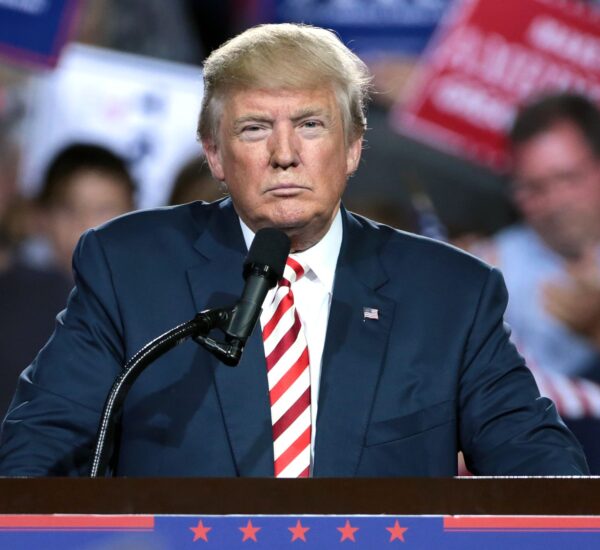Trump’s Promise To Jan 6th Prisoners
President-elect Donald Trump has announced that one of his first actions upon assuming office will be to pardon “most” of the individuals convicted or accused of participating in the January 6th Capitol riot. During a recent interview with Time magazine, Trump revealed that the pardons could begin almost immediately, possibly within the first hour—or even the first few minutes—of his second presidency.
Trump has consistently labeled the January 6th protesters as “political prisoners” and has vowed to grant them clemency. His supporters argue that those involved in the Capitol incident were merely standing up for election integrity and protesting what they believe was a fraudulent 2020 election. The president-elect’s stance has been a key element of his appeal to his base, and he has made it clear that granting pardons to the rioters will be among his top priorities. Many of those charged in connection with the Capitol attack have expressed optimism that Trump will soon offer them relief. In fact, some have already asked courts to delay their proceedings, anticipating that the incoming president will issue pardons on his first day in office. However, courts have largely rejected these requests.
The scope of the pardons remains uncertain. Over 1,500 individuals have been charged in connection with the events of January 6, ranging from minor offenses like trespassing to serious charges such as assaulting police officers or engaging in seditious conspiracy. Some of the most high-profile cases involve leaders of extremist groups like the Proud Boys and Oath Keepers. These individuals, including former Proud Boys leader Enrique Tarrio and Oath Keepers founder Stewart Rhodes, have received lengthy prison sentences for their involvement in the riot. Their legal teams have already signaled their intention to seek pardons from the incoming administration.
The Biden administration, which has framed the Capitol riot as an attack on American democracy, has worked aggressively to prosecute those involved, calling it one of the most significant legal undertakings in U.S. history. However, Trump’s potential pardons have raised significant questions. Prosecutors argue that while pardons might eliminate criminal penalties, they do not erase the stain of conviction itself, and accepting a pardon may require a confession of guilt. As Trump prepares for his return to the White House, this issue will likely remain at the forefront of national debate, particularly as the legal consequences for many rioters continue to unfold.
For many Republicans, Trump’s pledge to pardon those involved in the January 6th events is seen as an act of justice—standing against what they perceive as a politically motivated prosecution. Trump’s commitment to addressing the grievances of his base, including the fight against what they view as an overreaching government, continues to fuel his popularity within conservative circles.





